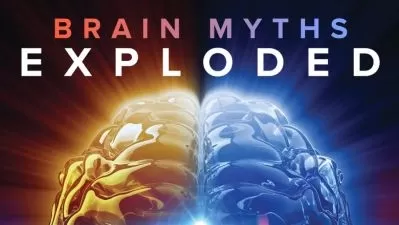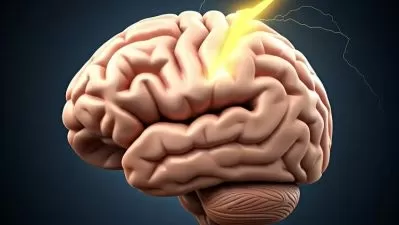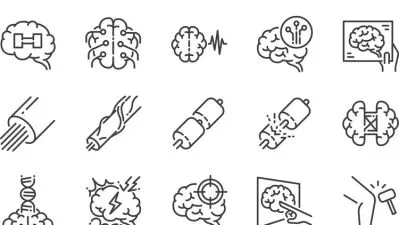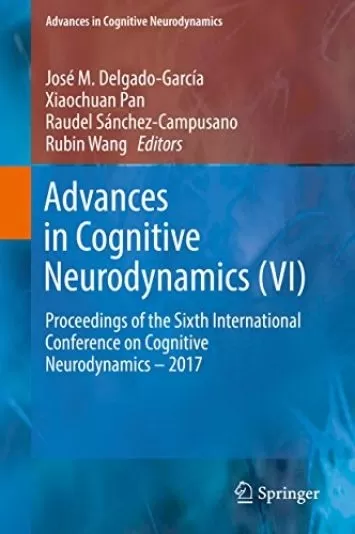About Neuro-Linguistic ProgrammingLearn More
If your brain is a computer, then neuro-linguistic programming is the software for hacking it. NLP is a form of therapy aimed at breaking down the language barrier between your conscious and subconscious mind so that you can make decisions that are more in line with your true desires.
Sort by:
Sorting
The newest
Most visited
Course time
Subtitle
Filtering
Courses
Subtitle

The Great Courses


Indre Viskontas
Brain Myths Exploded: Lessons from Neuroscience 12:03:05
English subtitles
05/31/2023
Books
Frequently asked questions about Neuro-Linguistic Programming
Neuro-Linguistic Programming (NLP) is the study of subjective experience — how language and perception affect our behavior. It is a psychological approach that relates thoughts, language, and behavioral patterns learned through experience to specific outcomes. It involves analyzing strategies used by successful individuals and applying them to reach a personal goal. NLP is a set of interventions that are language- and sensory-based and behavior modification techniques intended to help improve a person's self-awareness, confidence, communication skills, and social behaviors. The goals of NLP are to help an individual understand that the way one views the world affects how one operates in the world. This indicates that it is necessary to change the thoughts and behavior patterns that have not proven effective or beneficial in the past.
Neuro-Linguistic Programming (NLP) is an experiential approach that relies on the interaction between individuals and their ability to observe and convey essential information to shape communications and actions. The fundamental techniques used in NLP are modeling, action, and effective communication. The premise in NLP is that if an individual can understand how another person accomplishes a task, the process may be copied and communicated to others to accomplish the same task. The belief is that everyone has a personal map of what reality is. Those who practice NLP analyze their own and others' perspectives to create a systematic overview of a specific situation. By understanding different perspectives, the NLP user gains information about how the body and mind influence each other. Advocates of this school of thought believe the body and mind influence each other, and the senses are vital for processing available information.
Neuro-Linguistic Programming (NLP) can be difficult to quantify as a therapy, making it challenging to establish its effectiveness. NLP can be described as both a science and an art. It is a highly individualized approach to change with few opportunities to measure success other than through personal experience. It focuses on the structure of how we think, the words and images, and how to alter this structure. This approach does not focus on what we think, and evidence-based results are not easily achieved other than from a person's statement of satisfaction from the outcome. Overall, this caused some to doubt the effectiveness of NLP because they can't see the process or results of the treatment. At times, NLP can seem too easy as it involves simple principles and a solution-focused approach. However, it's still increasingly gaining popularity.
Neuro-Linguistic Programming was developed in the 1970s at the University of California, Santa Cruz. Its primary founders John Grinder, a linguist, and Richard Bandler, an information scientist and mathematician, released their first book on NLP in 1975. In this publication, they highlighted certain communication patterns that seemed to set those considered to be excellent communicators apart from others. Interest in NLP grew in the late 1970s after Bandler and Grinder began marketing the approach as a tool for people to learn how others achieve success. They believed they could identify language patterns that reflected basic cognitive processes. The belief that "the map is not the territory" highlights the differences between belief and reality, and that each person operates within their own perspective rather than from a place of objectivity.














